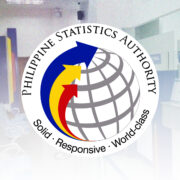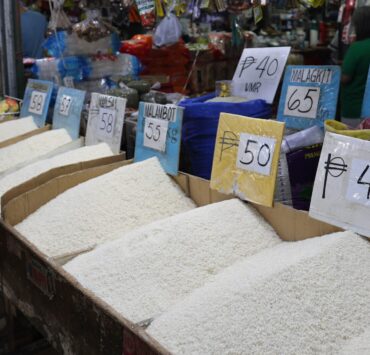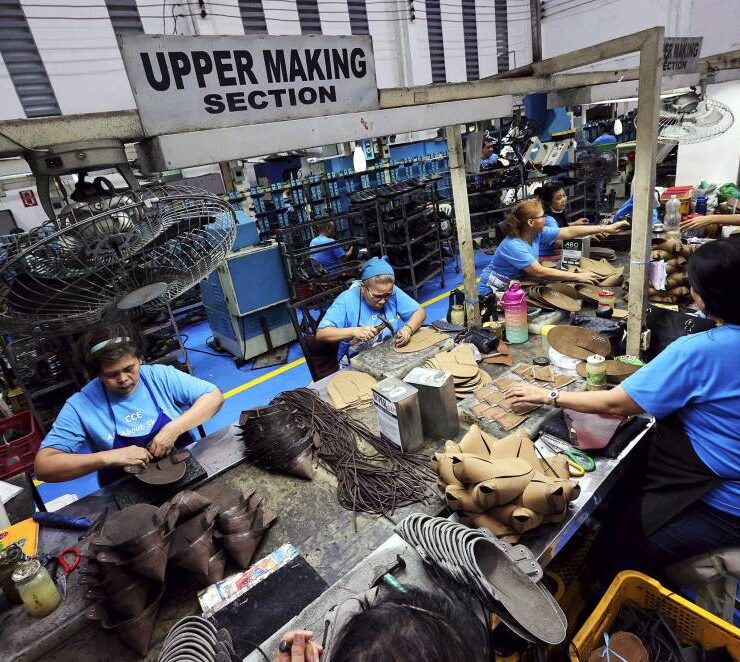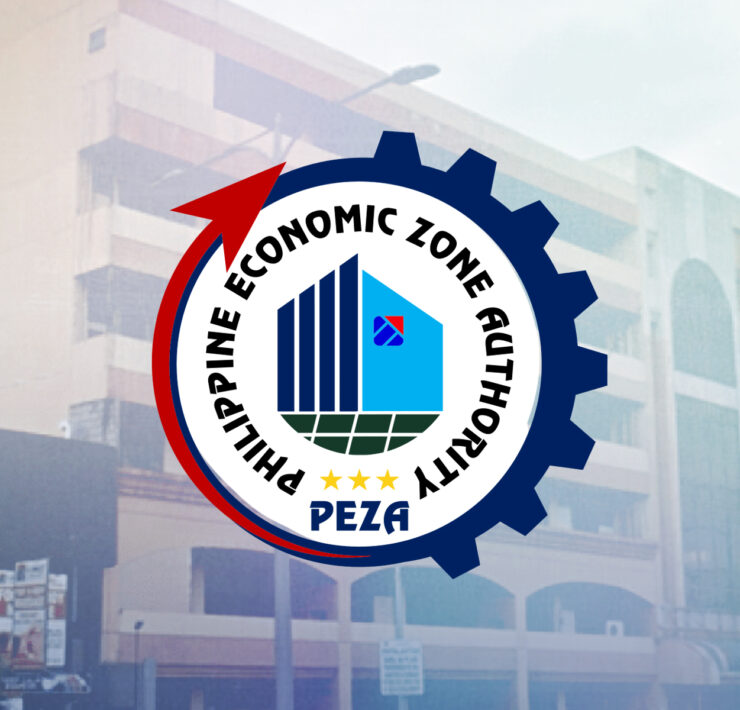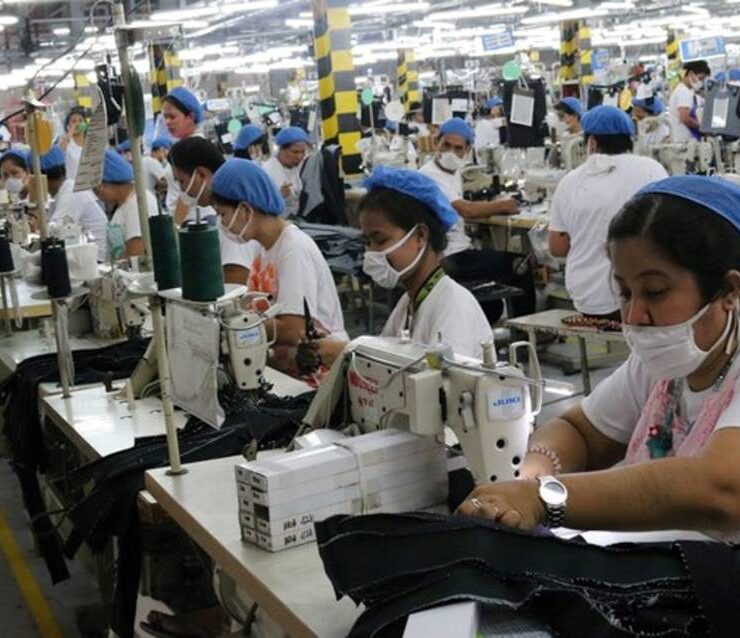PH tipped to be a regional pharma manufacturing hub

The Philippines is tipped to become a regional pharmaceutical hub as strategic investments related to this industry pour into the country’s economic zones.
BMI Country Risk & Industry Research, in a commentary, cited recent moves by AstraZeneca, Merck Business Solutions and Royale Life Pharma.
The Department of Trade and Industry earlier this week announced that AstraZeneca Pharmaceuticals Philippines Inc. would invest more than P7 billion over the next few years in the country’s first pharmaceutical innovation hub.
The hub will function as a regional center for digital health technology, R&D collaboration and patient-centered health-care solutions.
Its initial project will be an Oncology Innovation Center, modeled after AstraZeneca’s pharmaceutical hub in the United Kingdom.
“The government is also actively enhancing the pharmaceutical sector through strategic regulatory improvements designed to attract foreign investment, while Peza (Philippine Economic Zone Authority)is promoting pharmaceutical parks to reduce medicine costs through local production,” BMI said.
“These specialized pharmaceutical parks offer drugmakers significant advantages including reduced corporate tax rate of 20 percent, thereby providing substantial incentives to localize operations in the Philippines,” the research unit of Fitch Solutions added.
BMI also expects the Philippines to remain “the largest pharmaceutical market in Southeast Asia.”
Still, BMI said that while the domestic pharmaceutical market will grow in the Philippines, it continues to face several constraints.
One is that the Philippines faces significant systemic challenges in attracting and sustaining pharmaceutical research and development.
Another barrier is in the regulatory space.
BMI said that while the Food and Drug Authority officially targets a 254-day timeline for drug approvals and Certificate of Product Registration issuance, the actual process frequently extends to two to four years. This creates substantial market entry delays for new medications.













